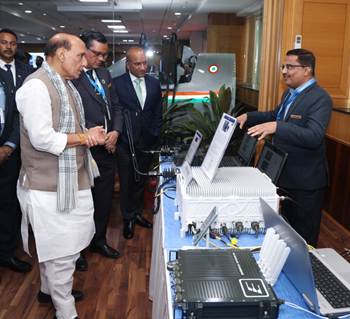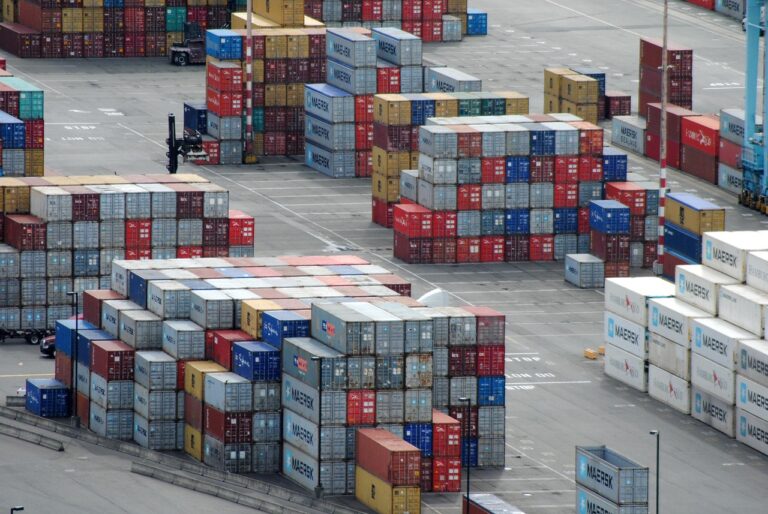
Geneva: With more than 66 million cases of COVID-19 and 1.5 million deaths so far reported to the World Health Organisation, the pandemic has triggered a deep global economic crisis that could have a long-lasting impact on health financing.
The implications are manifold as the pandemic is not over yet. On the contrary, it has been even more severe in the past six weeks, causing an increase in the number of weekly deaths by around 60 per cent — most cases and deaths reported in Europe and the Americas.
Also read: COVID-19 has dealt a heavy blow to life-saving health services in Africa
Notwithstanding the response of many governments that made exceptional budget allocations for their health systems, and even larger allocations for economic stabilisation and social protection, the pandemic has triggered a deep global economic crisis that could have a long-lasting impact on health financing.
Public revenues are declining, forcing many countries to take on additional debt, which will impact lower-income countries whose economies were vulnerable before COVID-19 struck. Apart from the death and disease caused by the virus itself, millions of people have suffered and died as a result of disruption to essential health services.
Education too has been disrupted in an unprecedented manner. According to data collected by UNESCO, classrooms for nearly 1 in 5 schoolchildren globally – or 320 million – were closed as on December 1, an increase of nearly 90 million in just one month. In some places, children have been out of school for 9 months or more.
World Health Organisation Director-General Dr. Tedros Adhanom Ghebreyesus informed media persons here today informed that WHO would be launching a new report to provide “the first analysis of how global health spending has changed during 2020 in response to the COVID-19 pandemic”.
The government health spending per capita has grown but at a slower rate after the economic crises of 2008-2009, globally. It has its impact everywhere. Besides, a group of 32 lower income countries today face severe health financing constraints, which slow their progress towards health security and universal health coverage. The average domestic spending on health of lower income countries was only US$ 34 per capita in 2018, which was about 4.4% of GDP. Of this nearly 60% was out-of-pocket. In these countries, the average government spending on health was only US$ 9 per capita in 2018, about 1.2% of GDP, and the priority given to health in public spending had been declining between 2000 and 2018. Health budgets of these Low income countries for 2020 have been disproportionately affected by the COVID-19 health response. In fact, globally there had been an uneven spending trend with more than 75% of global spending on health that had reached US$ 8.3 trillion (about 10% of global GDP), taking place in the Americas and European regions in 2018.
“The pandemic has demonstrated that health is not a luxury; it is the foundation of social, economic and political stability,” Dr. Ghebreyesus said. “The COVID-19 crisis provides an opportunity for a ‘reset’ in countries with weak health financing systems,” he added.
The report shows that before the COVID-19 pandemic, global spending on health continued to rise, albeit at a slower rate in recent years. In 2018, it was the first time in the past five years that health spending grew slower than GDP. In low income countries, infectious diseases accounted for half of overall health spending, while in middle income countries, they accounted for one-third. Noncommunicable diseases accounted for about 30% of health spending in middle income countries and about 13% in low income countries.
The report reveals that out-of-pocket spending continued to be a major component of health spending in low- and middle-income countries. Furthermore, external aid, which peaked in 2014, had been increasingly directed towards lower-middle income countries. In 2018, the amount of external aid absorbed by lower-middle income countries surpassed that of low-income countries.
“The report warns that higher debt servicing could make it more difficult to maintain public spending on health,” the WHO D-G said before making a point that this was “precisely the moment for investing in health”. According to him, the COVID-19 crisis provides an opportunity for a ‘reset’ in countries with weak health financing systems.
Yet, while the lessons of the COVID-19 crisis are still being drawn, a consensus already holds, as the report shows, that when the virus hit and spread globally, countries were not sufficiently prepared, whatever their income level.
– globalbihari bureau





